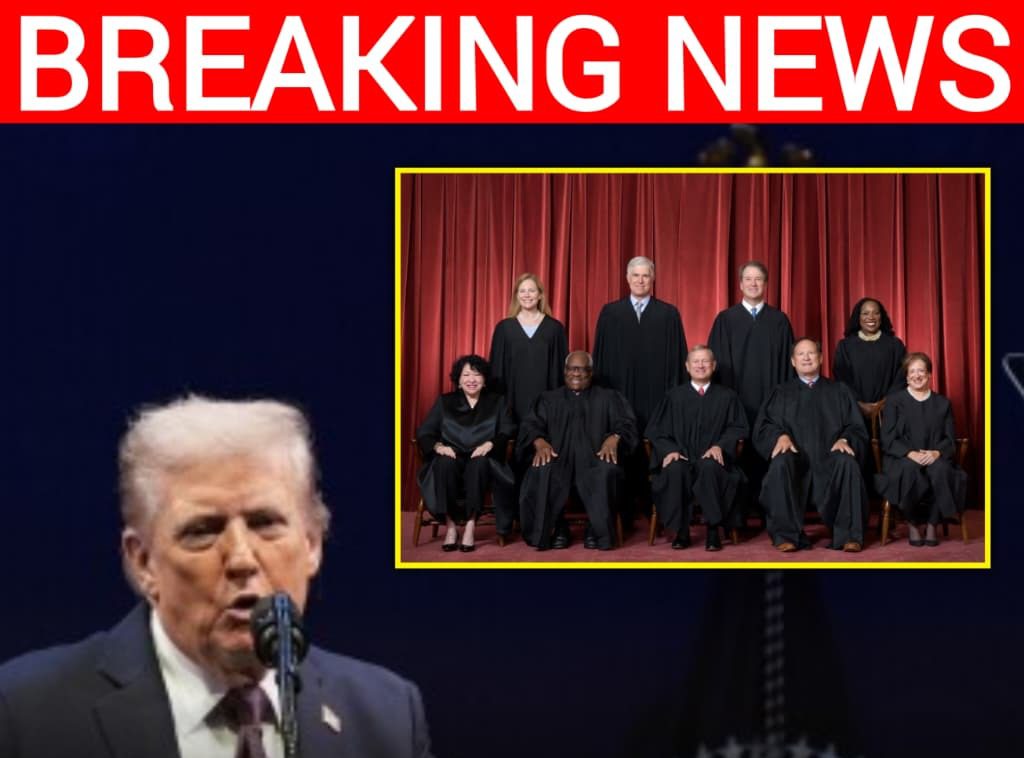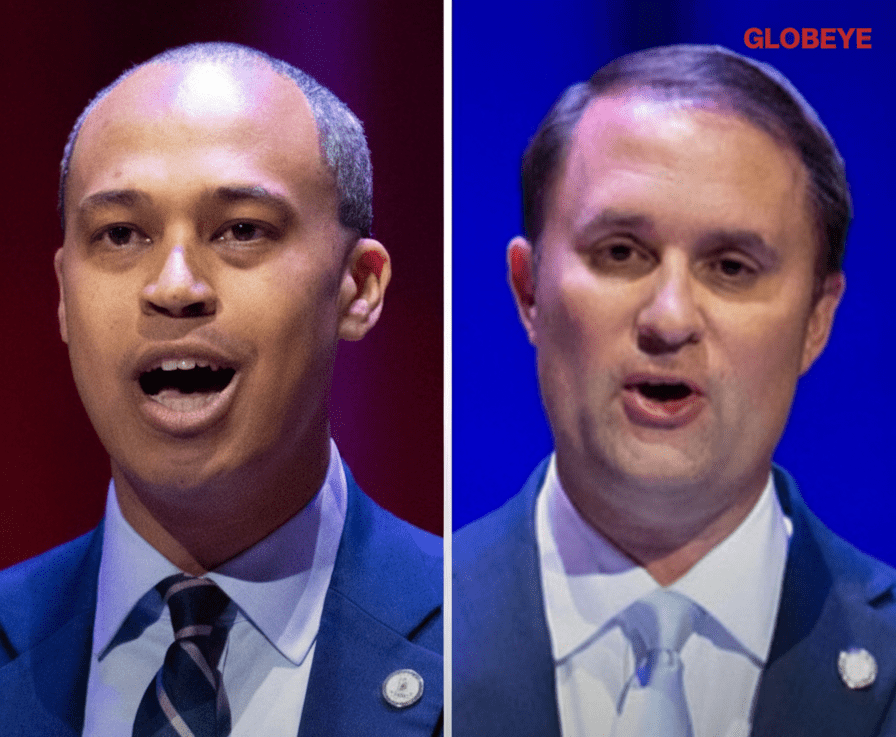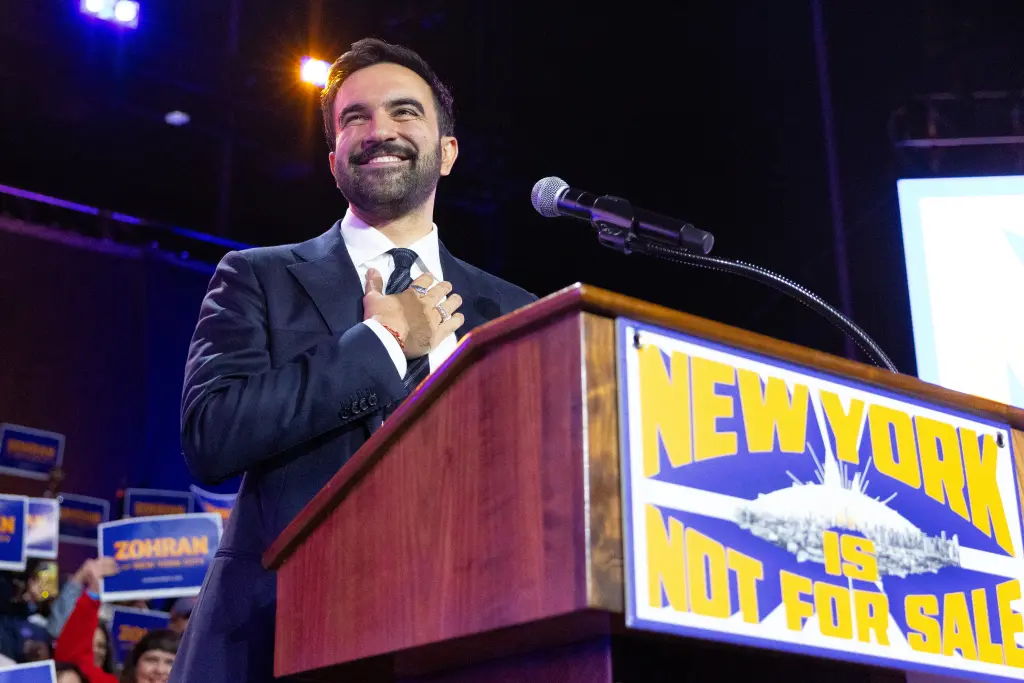Donald Trump Appeals to Supreme Court After Courts Block His Plan to Deploy National Guard in Chicago Over Immigration Protests
President Donald Trump has taken his fight over federal authority to the nation’s highest court, filing an emergency appeal with the U.S. Supreme Court to overturn a federal judge’s decision that blocked his plan to deploy the National Guard to the Chicago area. The move marks another high-stakes clash between the Trump administration and the judiciary, one that could define the limits of presidential power under Article II of the Constitution.
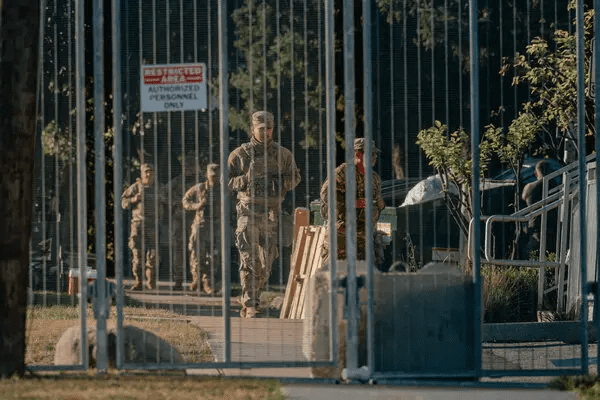
The appeal, filed late Friday, comes after both a U.S. District Court and the 7th Circuit Court of Appeals ruled against Trump’s directive to send the Guard into Chicago to assist Immigration and Customs Enforcement (ICE) amid violent protests over new federal immigration policies. The appellate court upheld the injunction, arguing that the White House had not demonstrated the level of “rebellion” or “inability to enforce the law” required under 10 U.S.C. §12406 — the statute Trump invoked to federalize the Guard. In response, the administration filed its Supreme Court brief, insisting the president’s authority to deploy federal forces in defense of national security and federal personnel “cannot be overridden by a single district court judge.”
The dispute centers on Trump’s October 4 decision to mobilize Guard units in Illinois and Texas under what he described as “emergency domestic stabilization.” The order followed days of unrest outside ICE facilities, where federal officers reported being attacked and government property vandalized. The Justice Department argued that state and local law enforcement had failed to maintain order, forcing Trump to act under his constitutional powers as Commander in Chief. But the move sparked immediate legal backlash from Illinois officials and civil liberties groups, who claimed the deployment amounted to federal overreach into state jurisdiction.
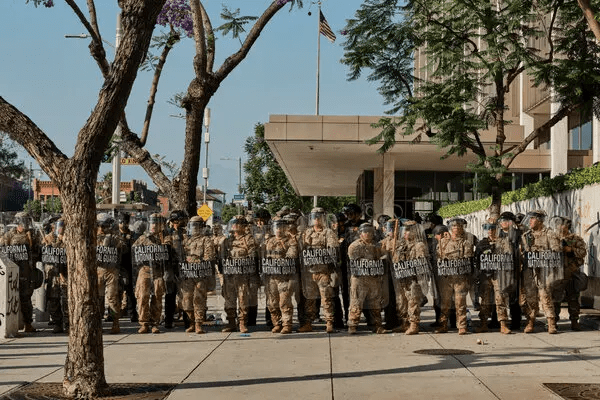
On October 16, the 7th Circuit upheld the lower court’s injunction, effectively freezing any active Guard deployment into Chicago. The court’s ruling declared that “political opposition does not equate to rebellion” and criticized the administration for what it viewed as an “excessive expansion” of executive power. In its Supreme Court appeal, however, the Trump administration argues that the judiciary is overstepping its own constitutional boundaries, asserting that Article II grants the president sole discretion over national defense and public safety decisions involving federal personnel.
“This is not about politics; it’s about protecting federal agents and restoring order,” said a senior White House official familiar with the case. “The president has both the duty and the constitutional authority to ensure the safety of those enforcing federal law.”
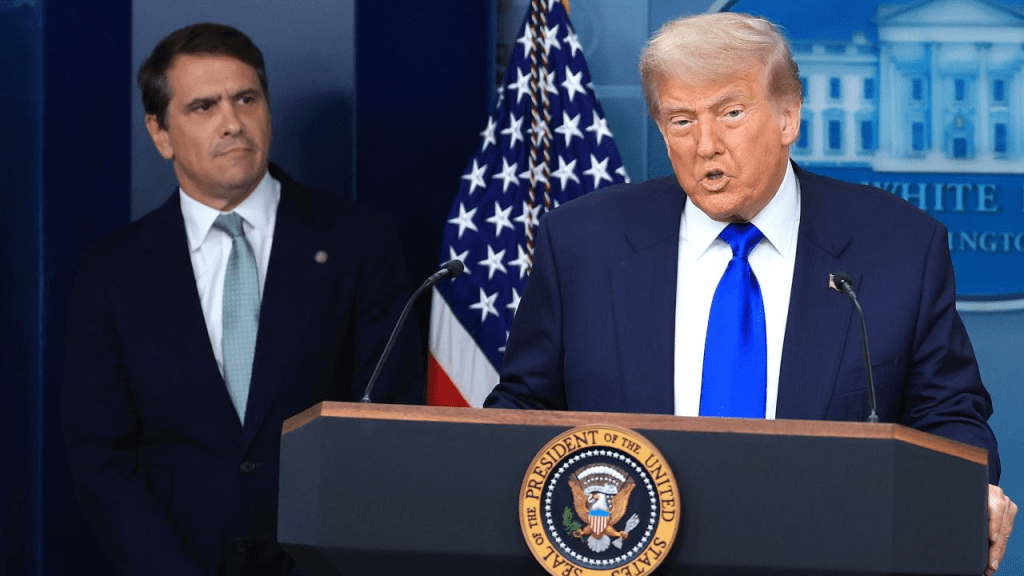
If the Supreme Court sides with Trump, it would mark one of the strongest affirmations of presidential authority in recent history. The Court’s conservative majority is expected to weigh the request swiftly, as the administration has warned of “ongoing threats” to federal property in Illinois. Legal experts suggest the Court could issue an emergency stay allowing the Guard deployment while it considers full arguments later this term.
Opponents, including Illinois Governor J.B. Pritzker and Chicago Mayor Brandon Johnson, have condemned the move, calling it “an authoritarian misuse of federal power.” Yet inside conservative circles, Trump’s appeal has been widely praised as a decisive stand against what supporters call “activist judicial obstruction.” Republican lawmakers have echoed that sentiment, saying the courts should not be allowed to “micromanage national security decisions made by the Commander in Chief.”
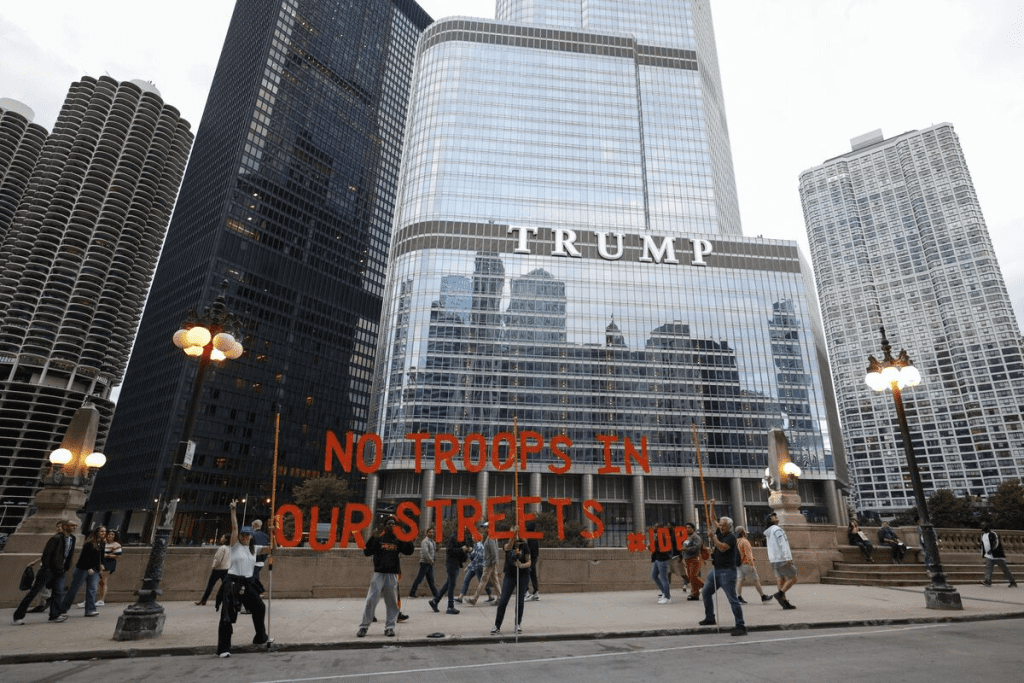
The issue carries both legal and political implications as Trump’s administration continues to test the boundaries of executive authority in domestic affairs. A similar case in 2024 saw a federal appeals court side with Trump’s emergency powers to deploy forces during urban unrest in Portland — a precedent the White House is now leaning on in its argument.
For Trump, the battle is about more than one city. It’s about cementing the legal foundation for presidential control over federal law enforcement actions within U.S. borders — something his administration has repeatedly defended as essential to maintaining national order. As the Supreme Court weighs the emergency filing, the outcome could reshape the balance of power between state sovereignty and federal executive control for years to come.
